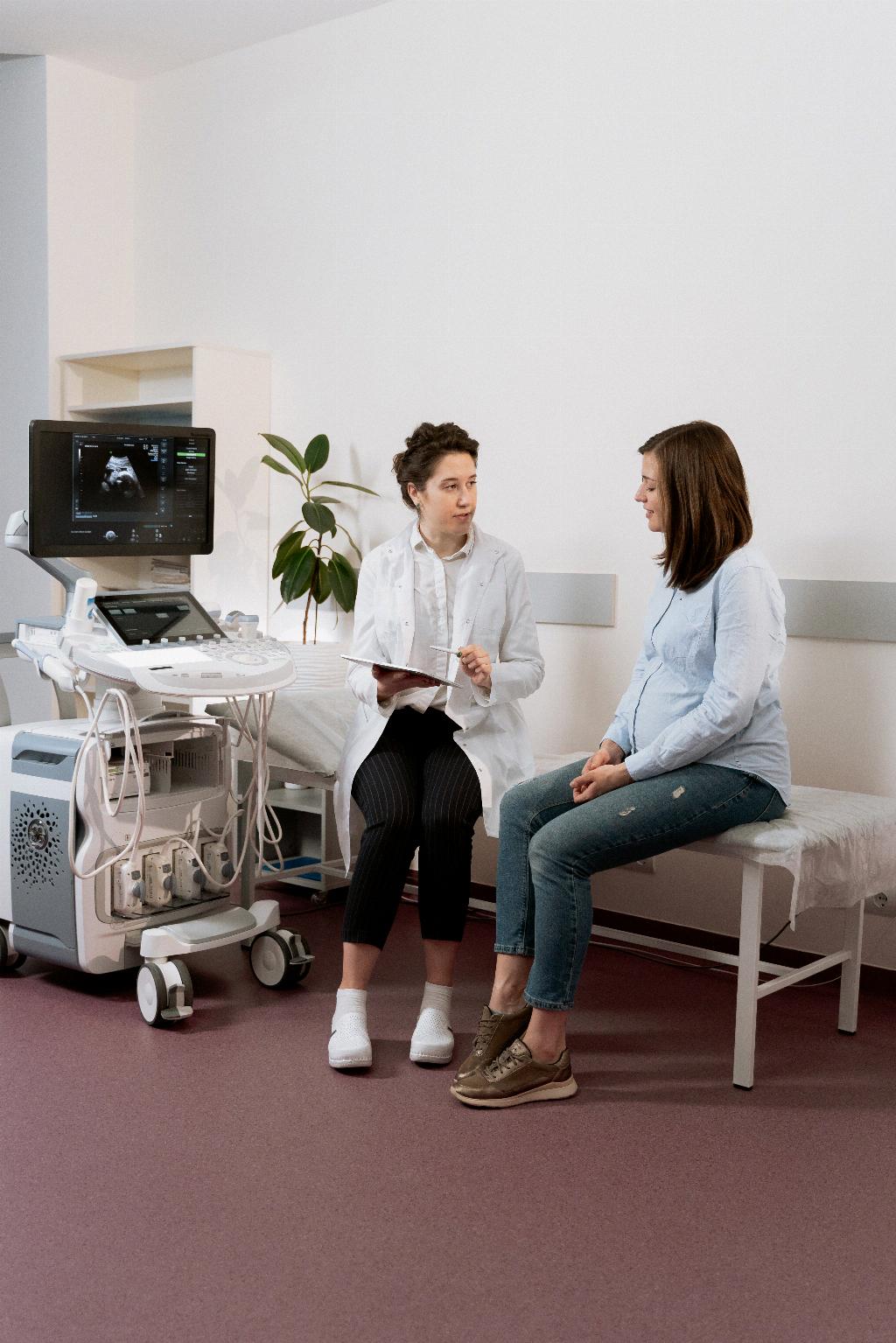At 14 weeks of pregnancy, your little one is growing at a rapid pace. The head is starting to become rounder and more proportional to the body, a significant milestone in fetal development. While your baby is certainly active, it is unlikely that you will feel those tiny kicks just yet. Despite this, your healthcare provider may be able to detect the baby’s heartbeat using a handheld monitor placed gently on your abdomen.
Factors Affecting Sensation of Baby Movements
Feeling your baby move for the first time is an exciting moment for any expectant parent. At 14 weeks, the size of your baby and the amount of amniotic fluid in your womb can influence when those movements become noticeable to you. While your baby is indeed kicking and squirming, those movements may not be strong enough for you to feel them externally just yet.
Understanding First Flutters
The first fetal movements, often referred to as “flutters,” can be subtle and easily mistaken for gas or slight pulsations. It’s common for first-time mothers to start feeling these flutters between 18 to 22 weeks of pregnancy. However, women who have had previous pregnancies may be able to recognize these sensations earlier, sometimes as soon as 13 weeks.
Patience Is Key
Feeling those initial movements is a unique experience for each mother and baby pair. It’s essential to have patience and give your little one time to grow and strengthen their movements. The first kicks and flutters will eventually become more pronounced and distinguishable as your pregnancy progresses.
Communicating with Your Healthcare Provider
Regular prenatal check-ups are vital during pregnancy, as they allow your healthcare provider to monitor your baby’s growth and development. At around 14 weeks, your midwife or doctor might use a handheld doppler device to listen to your baby’s heartbeat. While you may not feel your baby moving just yet, these check-ups provide reassurance and vital information about your little one’s well-being.
The Role of Amniotic Fluid
Amniotic fluid plays a crucial role in protecting and cushioning your baby in the womb. At 14 weeks, the amniotic fluid levels are increasing to provide a safe environment for your baby to move and grow. As your baby becomes larger and stronger, the amniotic fluid allows for more distinct movements that you will eventually feel.
Anticipation and Excitement
Anticipating those first kicks and movements is a momentous part of pregnancy. While it may not happen at 14 weeks for everyone, the excitement of feeling your baby move for the first time is a cherished milestone that many expectant parents eagerly await. Each pregnancy journey is unique, and those first flutters are a special bond between you and your baby.
Embracing the Pregnancy Journey
Embracing the changes and developments happening within your body and the growth of your baby is a remarkable journey. From the early weeks when the baby’s heart starts beating to the later stages where you feel those distinct kicks and hiccups, every moment is part of the miracle of life unfolding within you.
Staying Connected with Your Baby
As you progress through your pregnancy, finding ways to connect with your baby can be incredibly rewarding. Talking, singing, or gently massaging your belly can create a bond between you and your little one. While you may not feel those movements at 14 weeks, establishing this connection early on can be beneficial for both you and your baby.
Documenting Your Pregnancy Journey
Keeping a journal or scrapbook of your pregnancy journey allows you to capture and reflect on the various milestones and emotions you experience. Recording your thoughts, feelings, and even the anticipation of feeling your baby move can create a cherished keepsake to share with your child in the future.
Enjoying the Miracle of Pregnancy
Every stage of pregnancy brings unique wonders and joys. While feeling your baby move at 14 weeks may not be common, the anticipation and excitement of that moment can enhance your pregnancy experience. Embrace the beauty of this transformative journey and look forward to all the milestones yet to come as you prepare to welcome your little one into the world.

